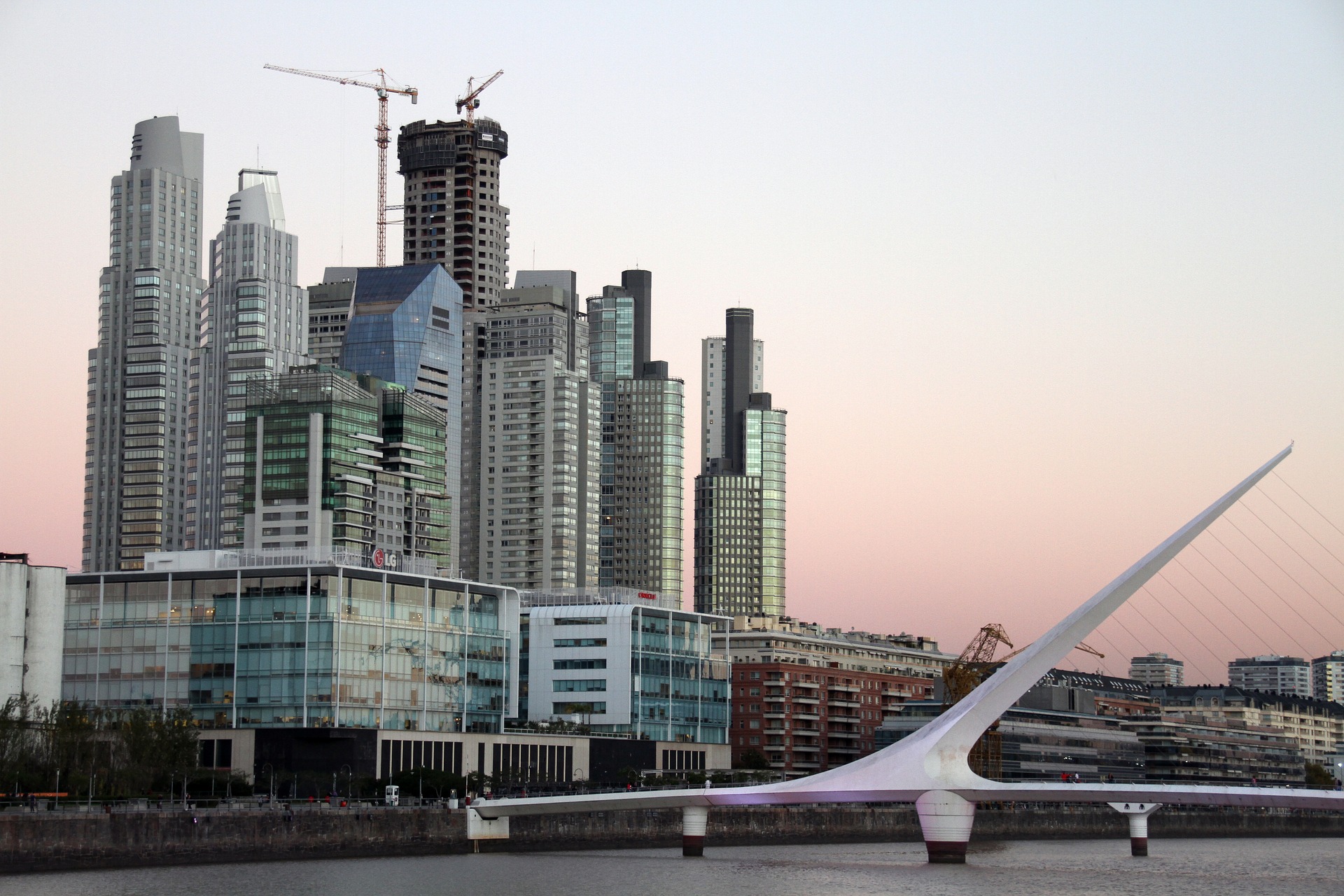Despite years of sky-high taxes on imports and challenges with online transactions, Argentina is still an important force in Latin American e-commerce. The birthplace of MercadoLibre, Latin America’s most popular e-commerce site, Argentina is the fastest-growing e-commerce market in the region, registering up to 28% yearly growth. While Argentina still comes in behind Mexico and powerhouse Brazil, its predicted market share in e-commerce is expected to grow from 8.9% to 14.6% of the region’s total sales volume by 2019. So what is driving this meteoric growth?
It’s a combination of Argentina’s young, Internet-savvy consumer base which is now being aided by President Mauricio Macri’s increased openness to cross-border commerce. Argentina is not new to the e-commerce game. Latin American e-commerce giant MercadoLibre was founded in Buenos Aires in 1999 and now operates in 16 countries, with more than 174.2 million active users in Latin America.
Federico Malek, the founder of Argentina’s second largest e-commerce provider, Avenida.com, which raised a US$30M Series C Round in 2015, also founded Wallooz, which was acquired by Groupon in 2010. Soon after leaving Groupon, Malek received funding to start Avenida.com. However, Avenida almost went under in 2016, letting off 250 staff members, until they were acquired by online marketplace Good People, which restructured the company.
Just this year, President Macri signed a Memorandum of Understanding (MOU) with Alibaba Founder Jack Ma, agreeing to sell more Argentine wine and fresh foods to China through the Chinese e-commerce platform. As a result of the agreement, Argentina declared Alibaba an official e-commerce channel, opening up opportunities for Argentine producers to market and sell their goods abroad.
The Chinese e-commerce titan is not the only online retailer entering the Argentine market. Government officials are beginning to confirm rumors that Amazon is looking to set up an office in Buenos Aires to start providing delivery services in Argentina. Former U.S. Ambassador to Argentina, Noah Mamet, who is now an investor focused on growing Argentine businesses internationally, confirmed in October of this year that Amazon is planning to open a 100-person office in Buenos Aires to run its Argentine operations. For now, Amazon is opening an administrative center to answer queries and prepare for its entry into Argentina.
However, to date, the most significant barrier holding Argentina back from becoming Latin America’s e-commerce leader is logistics. Most logistics companies in Argentina cannot deliver as quickly and reliably as online retail requires. Avenida.com was running its delivery operations by distributing most products directly to 11 pickup locations in Buenos Aires, where customers could gather their packages and interact directly with staff, which builds trust. However, this system – which is not unique to Avenida – adds a layer of inconvenience that is keeping some potential customers from buying online. Furthermore, online payments can be extremely challenging in Argentina, with global payment services like PayPal offering unfavorable exchange rates and limited services. MercadoLibre developed MercadoPago, which processes online payments much like PayPal, but with a Latin American focus.
In April 2017, Forbes published an article describing Argentina’s shift toward international e-commerce that described these particular challenges in detail from the perspective of an Argentine online shopper who was turned away by the hassles brought in by Kirchner. Still, the outlook for Argentine e-commerce is overwhelmingly positive. Internet penetration in Argentina was above 70% in 2017, and almost half the population has access to a smartphone.
E-commerce as a whole is expected to be used by 44.3% of the population by 2022, while 95% of the population is already at least familiar with MercadoLibre. MercadoLibre generated US$262.3M just in Argentina last year – almost a quarter of its total revenue for 2016. Overall, it has been estimated that up to 20 million people will be shopping online in Argentina by 2021, up from 16.8 million in 2017.
With President Macri prioritizing business growth and trade, and Argentina’s well-connected population on board with e-commerce, Argentina is on track to maintain its status as an e-commerce giant in Latin America. Amazon, Alibaba, and MercadoLibre are now all vying for the attention of Argentina’s growing online customer base. The next challenge is figuring out how to deliver products quickly and reliably in this large country.
